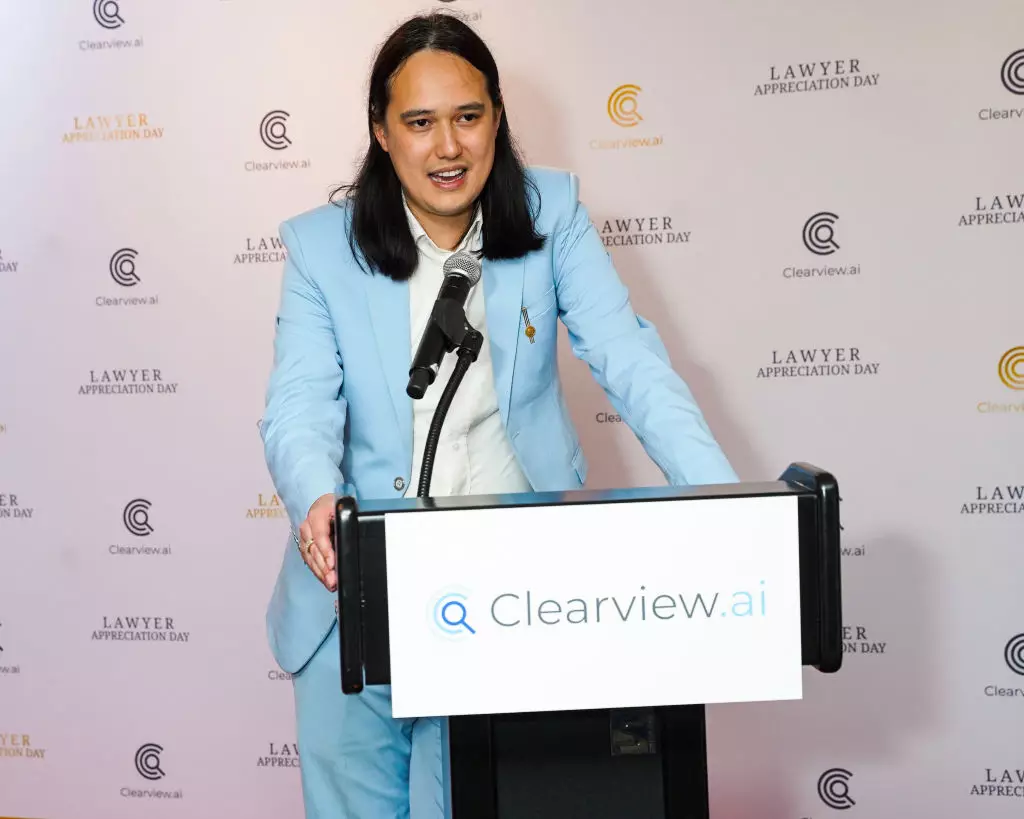The resignation of Hoan Ton-That, the CEO of Clearview AI, marks a significant turning point for the controversial facial recognition startup. In his statement provided to TechCrunch, Ton-That expressed that it is “time for the next chapter in my life,” while confirming his role as a board member moving forward. The ambiguity surrounding his resignation raises questions about the internal dynamics at Clearview, particularly amidst ongoing legal troubles and serious ethical concerns regarding the company’s practices.
Ton-That’s departure comes just as Clearview AI grapples with mounting scrutiny over its database of 30 billion photos, which it amassed through blatant scraping of the internet. This method of operation highlights the tension between technological advancement and individual privacy rights, issues that continue to dominate discussions around AI ethics today.
With Ton-That stepping down, Clearview AI has appointed two co-CEOs—Hal Lambert and Richard Schwartz—who are seasoned figures in Republican politics. Lambert’s investment firm, Point Bridge Capital, is particularly known for its MAGA ETF fund, which invests in companies that support Republican candidates. Schwartz’s experience as a senior advisor to Rudy Giuliani adds another layer of political influence to the company’s leadership.
This change in governance suggests a clear strategic pivot as the new co-CEOs aim to seize opportunities in the current political climate. The Trump administration’s stance on technology companies and law enforcement may play into Clearview’s future endeavors, positioning the company to align itself with certain governmental priorities despite its controversial standing.
Clearview AI has continuously navigated a minefield of legal challenges, particularly concerning privacy violations. The infamous startup has accrued over $100 million in GDPR fines from various European data protection agencies, highlighting the serious implications of its data practices. Notably, the company has remained defiant, refusing to pay these fines, which raises further questions about its financial strategy and sustainability.
Additionally, the startup finds itself embroiled in a lawsuit initiated by Charles Johnson, an investor who claimed a stake in the company. Although he has since dropped his suit, Clearview’s counterclaims against him for defamation continue to unfold. This ongoing litigation exemplifies Clearview’s complex relationship with its stakeholders and competitors alike.
Despite Ton-That’s claim that Clearview is in its “strongest position ever” financially, the company’s journey has not been without hurdles. Although it achieved significant growth in 2024, highlighted by increased revenue, the startup has struggled to secure substantial federal contracts and remains unprofitable. This situation indicates an urgent need for Clearview to refine its approach to attract and retain clients in a market that is increasingly wary of surveillance technologies.
Ultimately, the resignation of Hoan Ton-That and the ensuing leadership transition at Clearview AI raises numerous questions about the company’s future. As it faces unprecedented scrutiny from lawmakers, privacy advocates, and the public, the effectiveness of its new co-leaders in navigating these challenges will be crucial in determining the company’s viability in the evolving tech landscape. Clearview AI’s trajectory will likely serve as a litmus test for how privacy, surveillance, and technology can coexist in an increasingly digital world.

